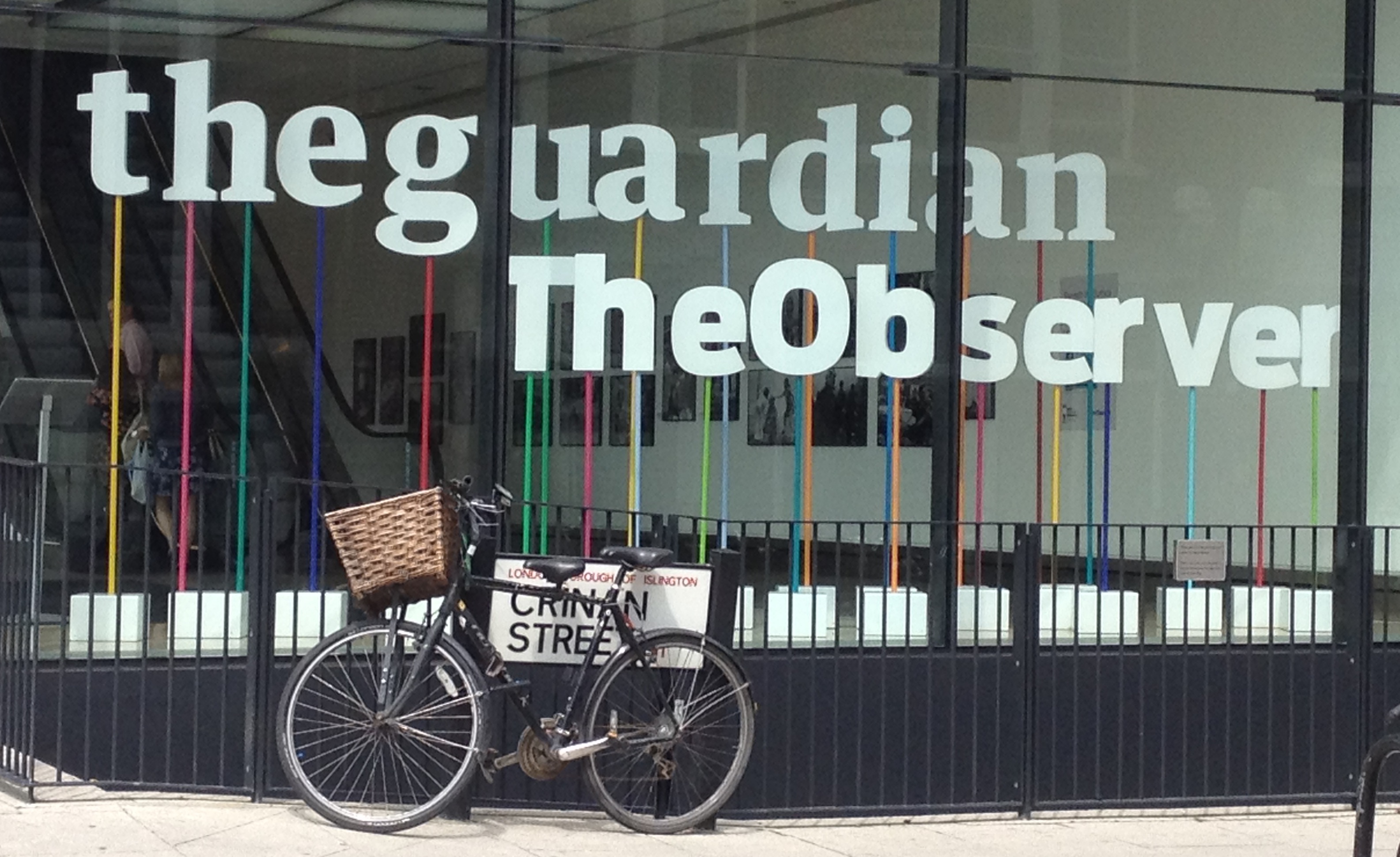Development
Former employees describe end of Oregon call center
Our coverage of the demise of Comnet Marketing Group brought responses from former staffers.With post-election pitches, the Guardian puts a left-leaning spin on U.S. public media fundraising
Donald Trump’s win provided an occasion for an effective pitch to readers as the U.K. media entity builds up a new income ...NPR Board approves donations from overseas NPR One listeners
The network had to change its bylaws to allow contributions directly from individuals.PBS adopts Apple Pay, enabling one-click donations for stations
Member stations will have access to donor data.California Arts Council report outlines changes to public media program
The council will consider the new guidelines in December and begin accepting applications for grants in 2017.Collapse of Oregon call center leaves public media in the lurch
Comnet Marketing Group apparently shut down with little notice and murky explanations.Community radio stations prepare coordinated year-end fundraiser
The National Federation of Community Broadcasters is looking for new ways to increase revenue for community stations.Small fire derails KALW pledge drive
The fire affected the station’s lines for fundraising calls.PBS hopes to raise funds for stations with ‘Nerd’ campaign
PBS Development Services will launch the PBS Nerd peer-to-peer pilot this fall.PBS drops out of PMDMC, will offer development tracks at its meetings
Greater Public President Doug Eichten said PBS’s decision "came as a surprise and a disappointment."While sustainers are growing, experts say public radio still needs new donors
Efforts to build sustainer files have shifted from conversion to acquisition, according to a recent study by Target Analytics.WNYC boosts podcast income with text-to-donate efforts
Upwards of 25 percent of listeners who donate to the station’s podcasts have replied to the texting call to action.Public TV sustainer growth may be slowing, but still shows progress
Sustainers “are still the best possible source of membership revenue,” said Michal Heiplik of Contributor Development Partnership.Philadelphia’s WXPN reaches membership milestone
The station’s donor base grew 11 percent over two years.Orlando station’s podcast on space exploration draws national audience
In conversations with engineers, scientists, visionaries and others, host Brendan Byrne discusses advances in space exploration.











